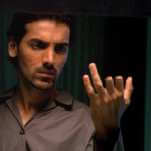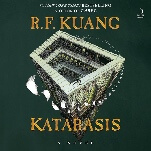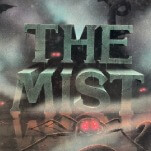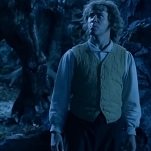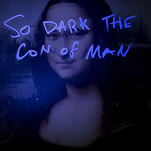Ian McEwan: Enduring Love

The chief pleasure of Enduring Love, the seventh novel by accomplished British writer Ian McEwan, lies in its lucid, absorbingly intricate construction. The book opens with a grotesque, horrifyingly random balloon accident, the aftermath of which tests the endurance of several loves: that between the story's narrator, a successful scientific journalist named Joe Rose, and his live-in lover of several years, Keats scholar Clarissa Mellon; that between the widow of the accident's victim and her husband's memory (was he with another woman when he died?); and, most centrally, that of a young religious recluse for the frightened and appalled Joe Rose himself. The recluse, Jed Parry, experiences a sudden, violent conviction—despite a lack of evidence—that Joe, a stranger he meets at the site of the tragedy, has mysteriously and wordlessly fallen in love with him. Jed then pursues the atheistic Joe, convinced that their love will at last bring Joe to God, growing increasingly violent at Joe's denial. Primarily through the bizarre triangle of Jed, Joe, and Clarissa, McEwan wittily and at times even comically explores the blindness of the modern scientific outlook to both the irrational self and the narrative understanding of human behavior. McEwan's characters at times act more strictly in accordance with the abstract principles they represent than is the case in the best fiction. Nevertheless, the interplay of their voices remains fascinating throughout. The novel's resolution, while by turns more garish and coy than seems necessary, is also expertly managed; the wisdom of storytelling is of course affirmed, but far more ambiguously than might have been expected. On the whole, it's hard to imagine a more engaging treatment of these important themes than McEwan achieves in Enduring Love.












